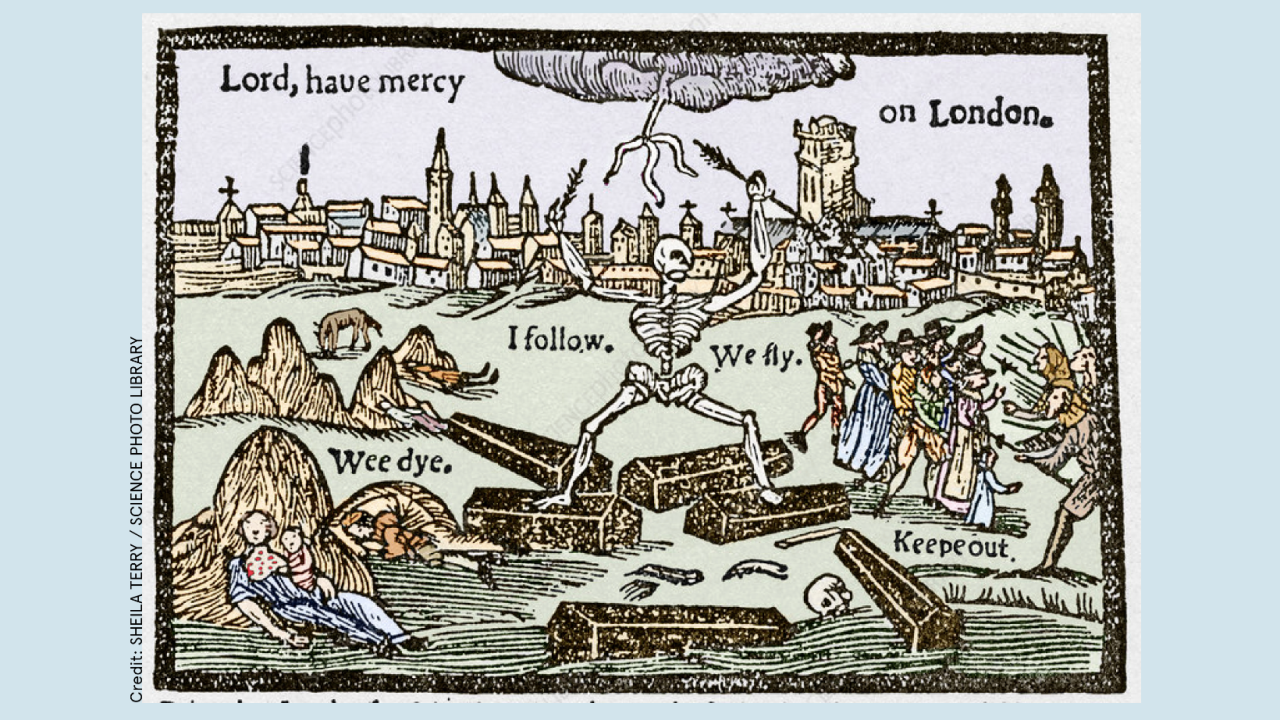
Event Date
Enemies Within: The struggle against internal division in the Middle Ages and Renaissance
The 28th Biennial Conference of the Medieval and Renaissance Studies Program at Barnard College
Saturday, December 3, 2022
PLENARY SPEAKERS
Kristina Richardson (University of Virginia), "Romani Printers in Late Medieval Europe"
Mitchell B. Merback (Johns Hopkins University), "The Art of Blasphemy on the Eve of the Reformation"
ONLINE CONFERENCE
2022 marks a dubious anniversary: exactly one thousand years ago, in 1022, thirteen Cathars were burned at Orléans—the first recorded instance of such punishment of Christian heretics. Exactly five hundred years later, a new sign of internal dissention erupted: In 1522, Martin Luther published his German translation of the New Testament, and in the same year, the Diet of Nuremberg staged an ultimately unsuccessful papal effort to suppress Luther, who had been declared a heretic in the 1521 Edict of Worms. Europe was far from unique in such efforts to suppress internal divisions, which also had a long history in the Middle East, where, for example, during the Mihna in the ninth century CE, the Abbasid caliph had similarly attempted to enforce a theological orthodoxy through centralized or systematized forms of persecuting heresy—attempts that, as in Europe, ultimately failed.
In the Middle Ages and Renaissance, as now, cultures often negotiated their identities by protecting their boundaries against external threats, but equally by marking, and often trying to suppress, enemies within. This conference will bring together twelve speakers across disciplines ranging from religion to art history to focus on cultural anxieties generated by internal challenges, both within the boundaries of a polis and within the boundaries of an individual, exploring how binaries like internal/external, enemy/ally, and related terms, become unstable or unpredictable vectors across periods of time.
SCHEDULE
9-10 AM
Plenary I
Kristina Richardson
“Romani Printers in Late Medieval Europe”
Introduced by Laurie Postlewate
10:15-11:45
Session I
Spaces, Open and Closed
Moderated by Rachel Eisendrath
- Julian Yates, University of Delaware: “Stowing Away on Noah’s Ark”
- Jordan Skinner, Princeton University: “Medieval Curfew and the Structure of Internment”
- Tara Stephan, Hampden-Sydney College: “State and Scholarly Responses to Women and Non-Muslims in Mamluk Cairo”
1-2
Plenary II
Mitchell B. Merback
“The Art of Blasphemy on the Eve of the Reformation”
Introduced by Gregory Bryda
2:15-3:45
Session II
Problematic Objects: Ashes, Books, Trees
Moderated by Chris Baswell
- Victor Sierra Matute, Baruch College, CUNY: “Booksellers Against Musicians in Renaissance Lisbon”
- Gregory Bryda, Barnard College: “The Roots of Conversion"
- Therese Banks, Harvard University: “Destruction or Salvation: Narratives of Crusade and the Coherence of Community after the French Wars of Religion”
4-5:30
Session III
Racialized and Gendered Outsiders
Moderated by Seth Williams
- Erika D’Souza, University of Tokyo: “Feminization, Sex and Violence: A Transgender Reading of Christopher Marlowe’s Edward II”
- Dustin S. Aaron, New York University: “The Bestiensäule and the Beastly Realities of Race in an Expanding Empire”
- Alicia Andrzejewski, William & Mary: “Internal Division: Pregnancy and Passing in William Shakespeare’s Titus Andronicus”
- Sarah S. V. Cantor, Texas Tech University: “Friendly Foe, Friendly Fire: Tasso’s Clorinda and the Sacrificial Crisis”
5:45-6:30
Concluding Discussion